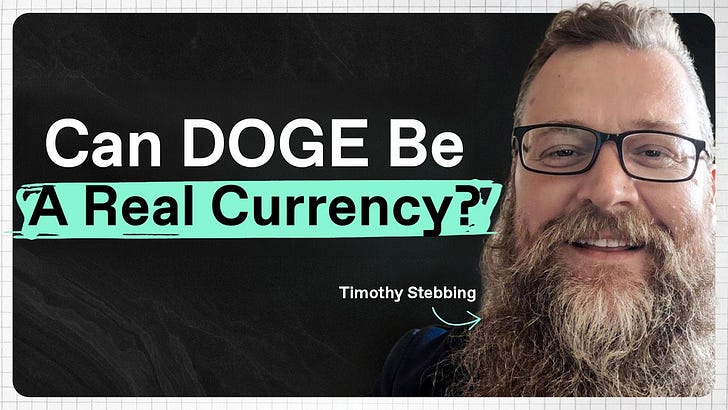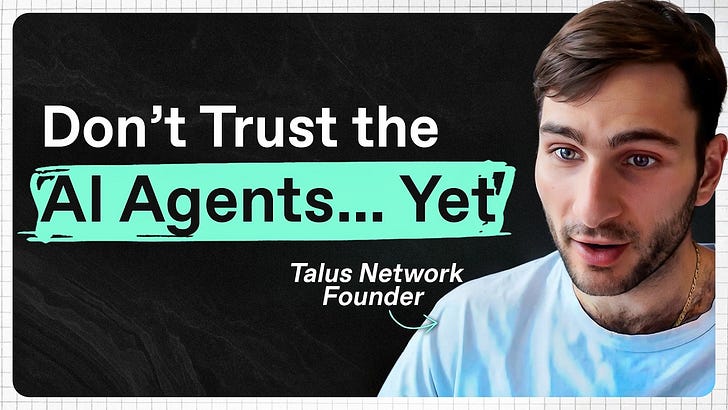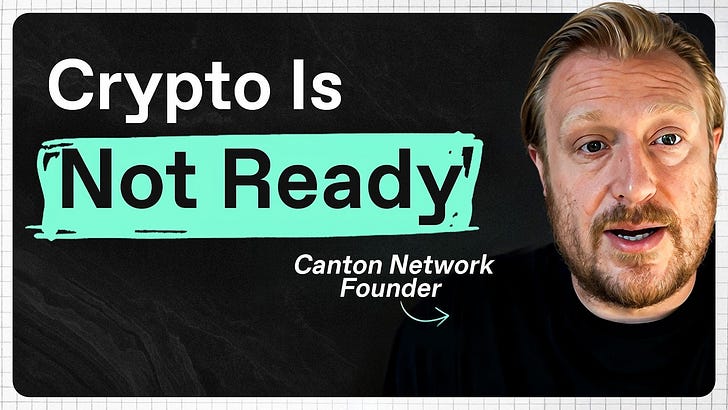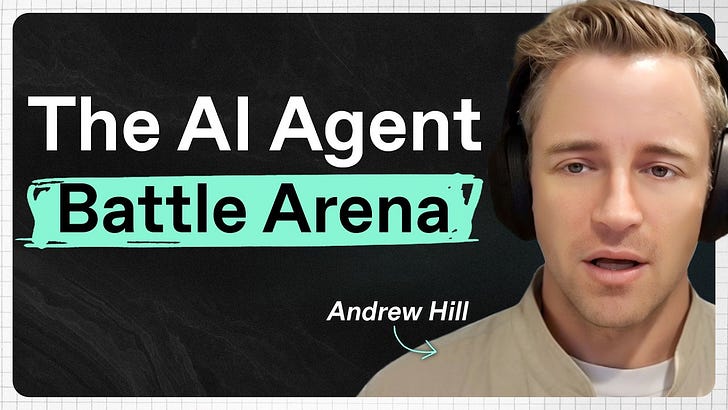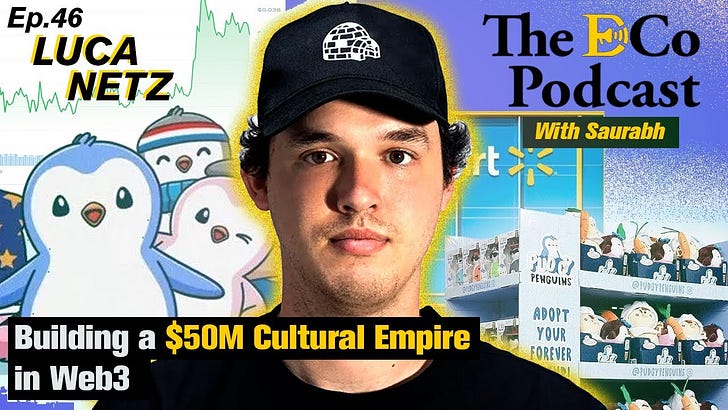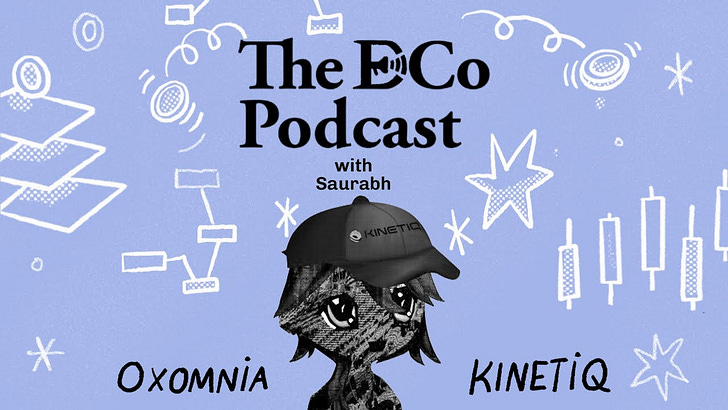Hello,
The previous episode with Andrew Hill was about how Recall is building a PageRank for AI models to sort the slop. In this episode, I delve into the evolution of gaming business models and explore how Web3 fits into that narrative with Justin Waldron, founder of Zynga.
Every industry around creativity shares an underlying truth. When you change the economics and the incentives, you change the output. A new way of distributing music gave rise to different genres. YouTube gave us a different form of content altogether. When Justin Waldron helped pioneer the freemium model at Zynga, he revealed that nearly everyone is a gamer.
Three billion people play games each year. Games became a distribution rails on the internet. Business models shifted to attract more people. We transitioned from console games that required upfront purchases to freemium titles, which allow anyone to start playing, with only a small percentage of users paying. At Zynga, Justin rode the first wave of social games that treated Facebook as the actual platform. Later, with Playco, he developed games for instant formats, where the link itself served as the store.
Under the hood, these shifts rewired who controls discovery, who pays for attention and who captures the upside. Today, developers spend tens of billions of dollars annually on user acquisition, with most of this expenditure going to large ad platforms. The next question is whether that same budget can be routed directly to players and communities instead.
After making games free to play and creating instant game formats with the Open Game Protocol, Justin wants to pay players to show up, stay, and return. It is doing so by trying to turn tokens and wallets into a new distribution surface, without turning every game into a financial product. OG Protocol is avoiding the pitfalls of the Axie Infinity era by building better experiences and not extensively relying on creating perfect token sinks.
I understand why the next business model change in gaming might come from paying players rather than platforms. But the market has clearly told us that play-to-earn doesn’t work. Perhaps it was because we were obsessed with creating closed economies within these games. Who knows, slightly more open economies where one game is not tied to one token may end up working. That’s what OG Protocol is betting on.
Learning to make markets in DeFi,
Saurabh Deshpande




